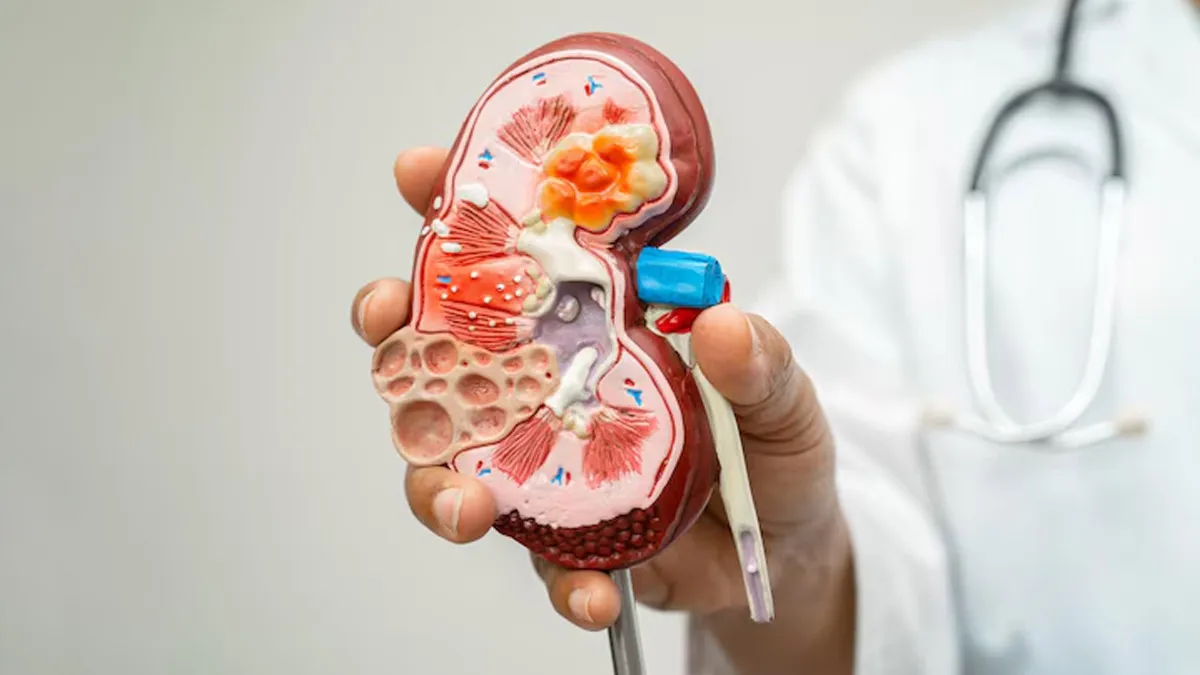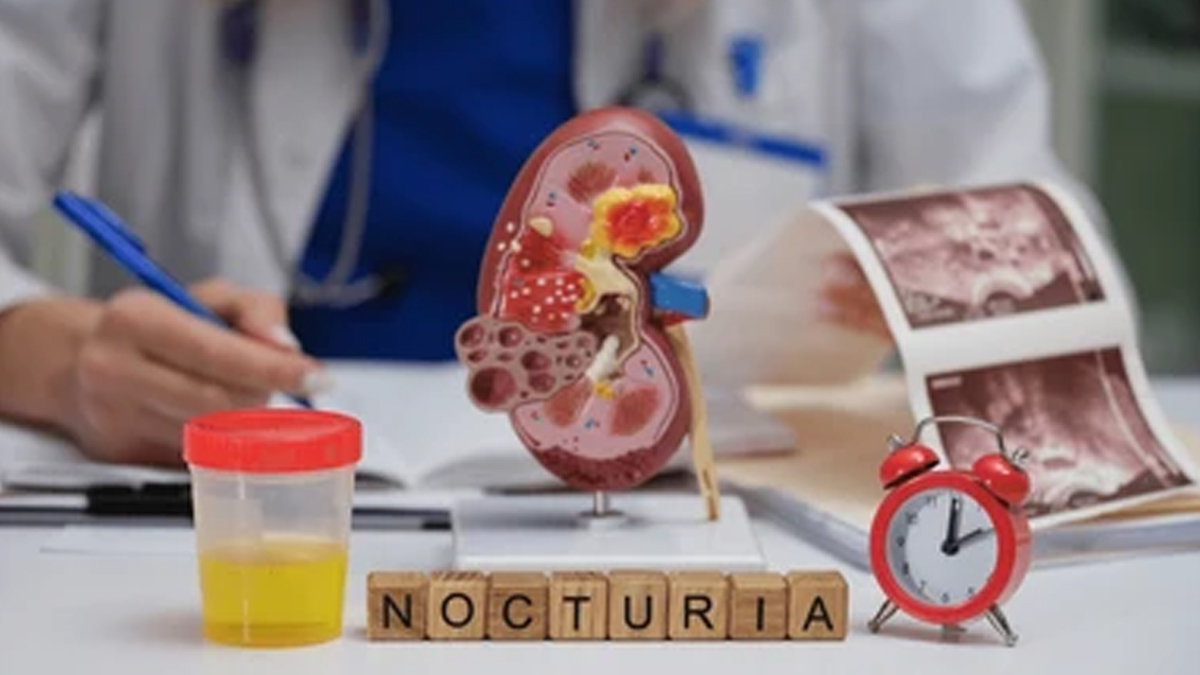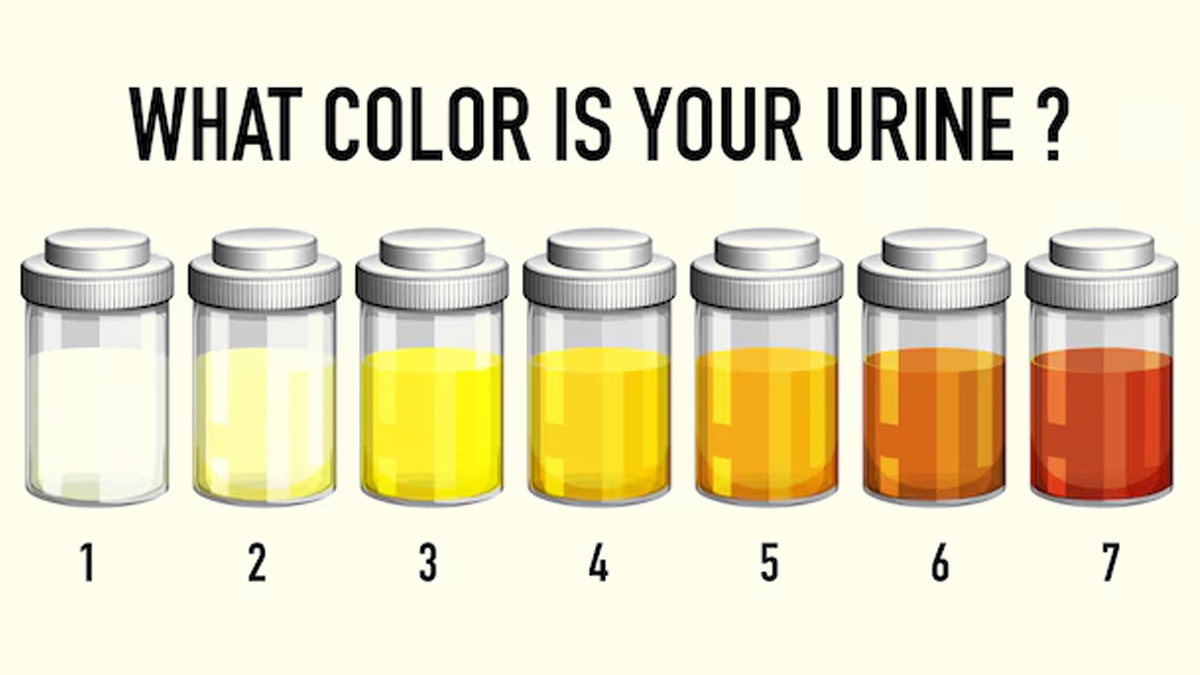
Most people expect their bodies to relax and recover at night. However, your body may be trying to communicate or scream that something is wrong. Your kidney is one of the organs that sends mild distress signals after dark. These warning indicators are frequently overlooked or misdiagnosed.
Table of Content:-
"As a nephrologist, I meet many patients who arrive too late, after their kidneys have already sustained significant damage. The truth is that renal disease usually occurs silently. However, there are early warning signals, particularly those that appear at night, that may be your body's way of raising a red flag. Ignoring them may result in missed opportunities for early intervention," said Dr Ratan Jha, Clinical Director and Senior Consultant, Nephrologist and Transplant Physician, CARE Hospitals, Banjara Hills, Hyderabad.
Signs of Kidney Damage That Appears at Night
Here are the most prevalent nocturnal symptoms that may indicate kidney troubles, as listed by the expert:
1. Frequent Nighttime Urination (Nocturia)

Waking up at night to urinate is rather common. However, if this occurs every night or more than once, it's time to pay attention. "Your kidneys are designed to filter and concentrate urine during the day, allowing you to sleep soundly at night. When they degenerate, they cannot retain fluids properly, resulting in frequent overnight urine," said Dr Jha.
This could be easily misinterpreted as an overactive bladder or diabetes, but chronic kidney failure should be excluded, especially if this is a new pattern.
2. Swelling Feet and Puffy Eyelids in the Morning
If you wake up with uncomfortable feet or puffiness under your eyes, don't blame it on your salty lunch. When your kidneys suffer, they cannot clear excess fluid and sodium from your system. This fluid accumulates in your lower limbs during the day and is redistributed overnight, resulting in facial puffiness and ankle swelling in the morning.
Persistent morning puffiness is more than just a cosmetic issue; it could be your kidneys signalling for aid.
Also Read: 7 No-Seed Fruits and Vegetables and Their Benefits For Kidney Stones
3. Restless Legs or Itchy Skin at Night

"A persistent itch, especially at night, can be bothersome. The kidneys' purpose is to eliminate waste from the blood and balance its minerals," added Dr Jha. Toxins can accumulate when they aren't performing properly, causing dry, itchy skin or a crawling sensation in your legs, which usually worsens in the evening.
Restless leg syndrome, particularly when new or severe, has been associated with advanced kidney disease. These symptoms, which appear unrelated to urine, may be part of the same systemic illness.
4. Persistent Fatigue, Particularly at Night
Even if you believe you're getting enough sleep, chronic kidney problems might disrupt your sleep pattern, leaving you tired. Your body's natural mending process happens at night. If your kidney is underperforming, toxins remain in the system and interfere with relaxation, leaving you feeling sluggish the following day.
"Despite 'sleeping enough,' many patients report waking up feeling fuzzy. If you have inexplicable nocturnal fatigue, your kidneys could be working overtime without delivering results," said Dr Jha.
5. Foamy Urine or Changes in Urine Colour

You may not peek into the toilet bowl every time, but perhaps you should. Foamy pee, especially when persistent, indicates protein leakage, a sign of kidney failure. While everyday urine can vary, a noticeable change in colour, clarity, or frothiness at night or early morning is a key indicator.
According to the National Kidney Foundation, people with kidney disease often do not show symptoms until the advanced stages, when the kidneys are failing or when there is a significant presence of protein in the urine. This is part of the reason why only 10% of those with chronic kidney disease are aware that they have the condition.
Protein loss is often recognised before symptoms, such as discomfort or oedema appear. So, if your pee seems unusual for more than a few days, consult your doctor.
Also Read: Can Menstrual Cups Affect Kidney Health? Expert Answers It For You
The Importance of Listening to These Signs
Kidneys do not fail overnight. The damage mounts slowly until the warning signs become more difficult to ignore. Catching it early, when symptoms appear at night, allows for more effective therapy, significant lifestyle changes, and the prevention of long-term issues.
These warning signals may not necessarily indicate that you have renal disease, but they should not be ignored. At the very least, you should see your doctor and get a routine check-up, which usually includes a urine test and a kidney function blood test.
Bottomline
Dr Jha concluded, "If any of the above symptoms sound familiar, don't panic, however, take action. The first stages of kidney health involve being hydrated (but not overhydrated), limiting salt and sugar intake, and managing blood pressure and blood sugar. Avoid using painkillers on a whim, and pay special attention to how your body feels at night; the quietest hours may reveal the most."
[Disclaimer: This article contains information provided by an expert and is for informational purposes only. Hence, we advise you to consult your professional if you are dealing with any health issue to avoid complications.]
Also watch this video
How we keep this article up to date:
We work with experts and keep a close eye on the latest in health and wellness. Whenever there is a new research or helpful information, we update our articles with accurate and useful advice.
Current Version
